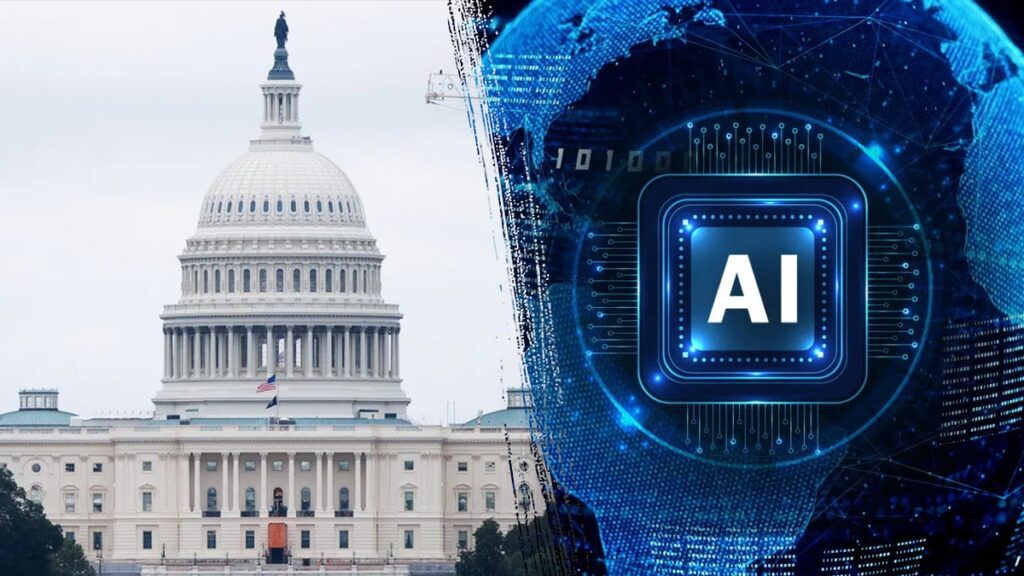As artificial intelligence continues to advance, Congress is under pressure to establish regulations. Legislative leaders aim to introduce AI regulations soon after the elections, but reaching a consensus remains challenging. Senate Majority Leader Chuck Schumer has promised to act, emphasizing the urgency of addressing AI’s risks while also avoiding excessive government intervention. Some lawmakers, like House Speaker Mike Johnson, advocate for minimal regulation to foster innovation, while others, like Rep. Don Beyer, recognize the need for some oversight to prevent misuse. With ongoing discussions and a report from an AI task force expected soon, the timeline for effective regulation remains uncertain. As technology evolves, the question of when Congress will act on AI regulations hangs in the air.
As we move deeper into the age of artificial intelligence (AI), many are wondering when Congress will step in to regulate this rapidly advancing technology. There’s a noticeable push from congressional leaders to pass legislation on AI when lawmakers reconvene after the upcoming election, but reaching a consensus on how to establish effective regulations is a complicated task.
Senate Majority Leader Chuck Schumer has committed to taking action on AI, indicating that while it won’t be immediate, it is expected within a few months. He has organized forums on Capitol Hill to educate other senators about AI, bringing in notable figures from the tech industry like Elon Musk and Sam Altman, the founder of OpenAI. Altman emphasized the urgency of thoughtful governance as we navigate this unprecedented technology landscape.
The history of Congress regulating new technologies is mixed. Though there have been interventions in the past, such as with radio and the internet, those efforts have often faced challenges. House Speaker Mike Johnson expressed caution regarding potential overregulation, emphasizing the importance of innovation in AI, while also acknowledging that some level of regulation might be necessary to address bad actors in the field.
As discussions continue, many lawmakers are leaning toward finding a balance that allows for creativity and innovation while ensuring safety and responsibility. The outcome of the upcoming elections could influence the pace and shape of AI legislation, with voices on both sides of the aisle emphasizing the need for careful consideration.
As we look ahead, the fundamental question remains: Can Congress act effectively on AI before it becomes a challenge too large to manage? The clock is ticking, and many are left wondering what the future holds for AI regulation in the U.S.
For ongoing updates on this important issue, stay tuned.
Tags: Artificial Intelligence, Congress, Legislation, Technology Regulation, AI Safety, Senate, House of Representatives
What is the rise of AI?
The rise of AI refers to the rapid development and use of artificial intelligence in many areas of life, like business, healthcare, and everyday tasks.
Why is Congress considering regulating AI?
Congress is looking to regulate AI to ensure it is safe, fair, and doesn’t harm people or the economy. They want to set rules to protect everyone.
When will Congress start regulating AI?
It’s hard to say exactly when. Congress is discussing the issue right now, and new laws could take time to create and pass.
What challenges does Congress face in regulating AI?
Congress faces challenges like keeping up with fast-changing technology, understanding complex AI systems, and deciding how to create rules that are fair for everyone.
How will AI regulation affect everyday people?
Regulating AI could help protect people’s jobs, privacy, and safety. It can make sure AI is used responsibly and benefits everyone.






